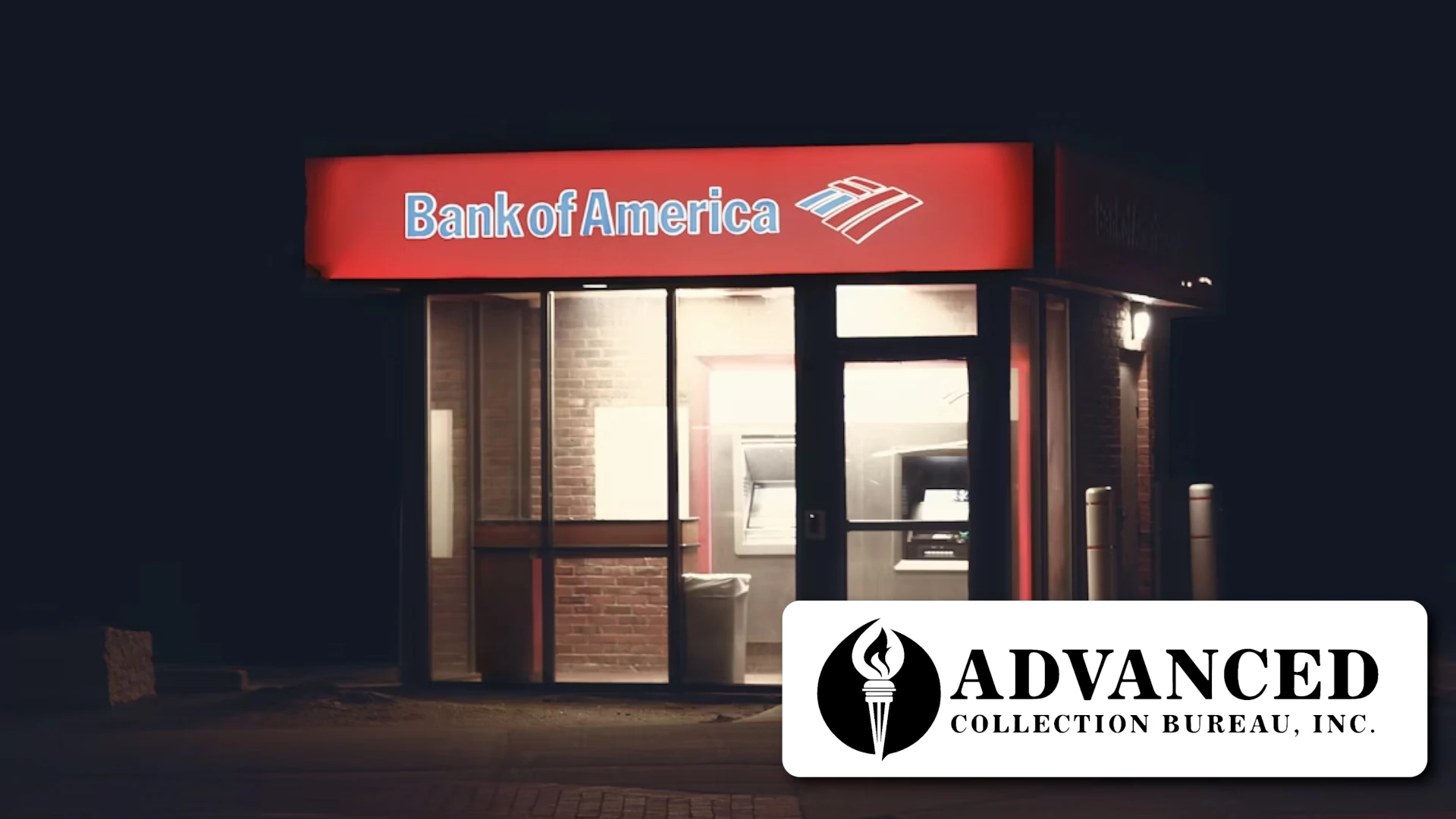If you’re carrying $20,000 in debt, it’s a fair question to ask: is that a lot? The answer depends on the type of debt, your income, and how well you can manage the payments. For some, it might be a manageable monthly expense. For others, it could be the tipping point into financial distress.
At Advanced Collection Bureau (ACB), we work with landlords, property managers, and business owners who regularly deal with accounts ranging from a few hundred to tens of thousands of dollars. What we’ve learned is this: debt is personal, but its consequences are universal. Whether you're trying to pay off $20,000 or recover it from someone else, it’s a serious financial milestone that demands attention.
Understanding the Impact of $20,000 in Debt
In today’s economy, $20,000 in debt isn’t unusual. Credit card balances, personal loans, car payments, unpaid rent, and medical bills can all add up fast. According to Experian, the average American carries several thousand dollars in non-mortgage debt. But that doesn’t mean it’s not a problem.
What really matters is your debt-to-income ratio. If you're making $100,000 per year, $20,000 might be manageable. If you're earning $30,000 annually, that same debt load could be overwhelming. High debt can lead to late payments, damage your credit score, and limit your financial flexibility.
If you're unsure how your debt affects your credit, visit How Credit Bureau Collection Services Impact Your Credit.
Is $20,000 in Debt Considered High Risk?
From a creditor's point of view, the risk is less about the amount and more about the likelihood of recovery. If a person with $20,000 in debt is making consistent payments, they may be seen as a lower risk than someone with a $5,000 debt who hasn’t paid in months.
In our experience working with residential collections, this is especially true for landlords dealing with unpaid rent. When a tenant leaves behind thousands in debt and stops responding, the probability of voluntary repayment drops quickly.
If you're managing past-due rent balances, read How to Collect Unpaid Rent Without Legal Trouble.
How Do You Manage or Collect a $20,000 Debt?
For individuals, managing this size of debt starts with making a plan. That may include consolidating loans, setting up payment arrangements, or negotiating settlements. Ignoring it is the worst option, as it can lead to wage garnishment, lawsuits, and credit damage.
For landlords or businesses owed $20,000, you need a strategy to recover the money. At ACB, we offer professional debt collection services on a contingency basis. That means you don’t pay us unless we recover your funds. Our methods are respectful, legally compliant, and effective.
We cover this approach in How Contingency-Based Debt Recovery Protects Your Cash Flow.
Can a $20,000 Debt Be Sent to Collections?
Absolutely. In fact, larger debts like these are often more likely to be sent to a collection agency, especially if the creditor feels the balance is uncollectible through internal means.
At ACB, we help clients recover debts of all sizes. But when it comes to five-figure balances, early action is critical. The longer you wait, the harder it becomes to track down the debtor or recover the full amount.
For more on why early action matters, see The Importance of Timely Debt Recovery Action for Apartment Communities.
Final Thoughts: $20,000 Is a Lot—If You Ignore It
Whether you’re trying to pay off $20,000 or recover it from someone else, one thing is clear: it is a significant amount of money. Left unmanaged, it can spiral into legal trouble, credit damage, or financial loss.
At ACB, we treat every debt with the urgency it deserves. If you are a landlord or business owner dealing with large unpaid accounts, our team is ready to help you recover what you're owed. With no upfront fees, fast credit reporting, and advanced skip tracing, we make serious debt easier to resolve.














